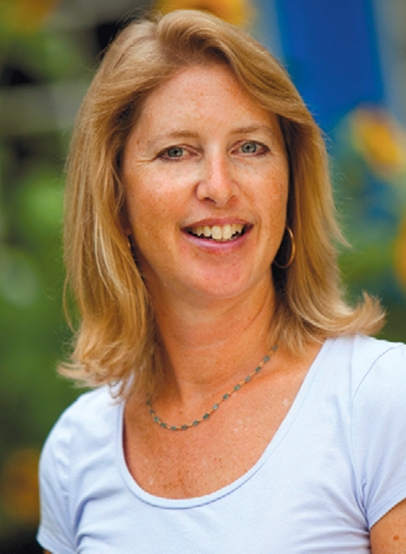Grist for the Mill
Dear Reader,
As we swing back into that rhythm that comes with the start of autumn and the sounds of school buses as students head back to the classroom, it’s a good time to reflect.
Good points to ponder include what we all can learn from how our attitudes about food impact the livelihoods of the people who bring us our food; how we can learn from the past and present to create a stronger food system; and how food has the potential to change lives for the better.
Where to begin? Begin by reading Edible Rhody, of course! Our cover story profiles a third-generation trap fishing family that is maintaining a challenging livelihood and veritable fishing art form, one of just a few families left that fish in this traditional manner. We have both a print story and video on our website that will take you into their world and show you what it really takes to be a trap fisher.
I hope that our story of New England farms, immigrant labor and the difficulties both laborers and farmers face with the seasonal H-2A visa program will galvanize you to contact your congressional representatives in support of meaningful immigration reform. The article should prompt you to think about the many factors involved in the simple act of eating, especially when you bite into a crunchy New England apple this fall.
We profile the new sustainable agriculture and food systems (SAFS) program at the University of Rhode Island, where students are studying topics ranging from food insecurity to the environmental factors in farming, both small-scale and multinational. In the words of one student, food is a topic that goes beyond borders.
A history profile on African Americans in Rhode Island who gained freedom through their culinary skills is a fascinating look at our own state’s past and the power that food has to change lives. The Rhode Island Historical Society’s RelishingRI program on African American culinary artistry in the 18th and 19th centuries inspired the article; RIHS is sponsoring programs throughout the year that will whet your appetite for culinary history.
On page 18 you’ll meet a young farmer from a seventh-generation family farm in Chepachet who is working diligently to restore the farm while introducing livestock as a means to support it. The bond of family runs throughout this issue of Edible Rhody, including our conversation with chef/co-owner of New Rivers, Beau Vestal. We last profiled New Rivers in our very first issue 10 years ago with then-owner Bruce Tillinghast. This time, Beau reflects on the changing local restaurant scene and life in the business he runs with his wife, Elizabeth, while they raise three young children.
You’ll find plenty of tempting recipes and great cocktails to toast the season that’s upon us, plus a visit from an old friend with a new cookbook. As with every issue of Edible Rhody, I hope we give you food for thought.




